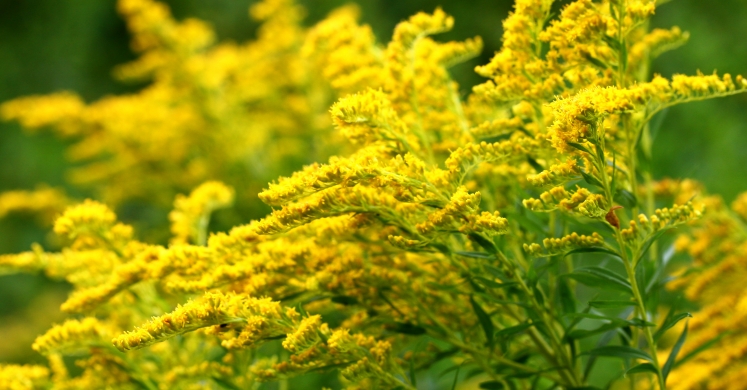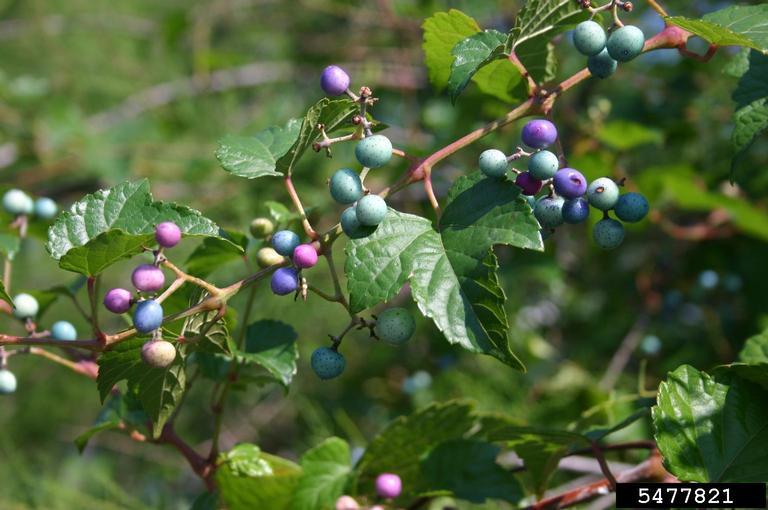The common name for this family of native plant.
Goldenrod
The John Heinz National Wildlife Refuge is this kind of wetland.
Freshwater Tidal
A rapper.
An endangered/threatened animal endemic to the island of Madagascar.
The JHNWR Manager.
Kendrick Lemur Gore
This color wood is often described as being unfavorable for burning.
Green
What kind of animal is this?

The difference between invasive and non-native plants.
Both are non-native to an environment, but invasive plants do or are very likely to cause ecological harm, while non-native plants don't necessarily pose a threat to the ecosystem, even though they may not be as beneficial.
Name the three main functions of wetlands.
(Feed, filter, flood protection). A resting place for migratory birds, cleans water, provides habitat, slows down water flow and temporarily stores water, detoxifies chemicals, safe place for wildlife young, protects against erosion, source of nutrient-rich foods, stores carbon, recreation.
(3 Part)
1) Originally, how many acres did the Tinicum Marsh encompass?
2) As a result of human development, how many acres did the marsh encompass by the mid 20th century?
3) How many acres does the marsh encompass today?
Originally 5000 acres.
By 1960s, 200 acres.
Currently 1200 acres.
Forming a "triangle", these three factors are necessary to start a fire.
Heat, oxygen, fuel
Name 3 birds that can be found at John Heinz NWR.
tree swallow, barn swallow, red-tailed hawk, osprey, turkey vulture, bald eagle, tufted titmouse, downy woodpecker, carolina chickadee, house wren, american robin, northern cardinal, gray catbird, red-winged blackbird, black-and-white warbler, marsh wren, great egret, great blue heron, bufflehead, common merganser, canada goose, northern shoveler, northern pintail, mallard.....
The common name for this family of native plant:

This is the number one method through which watersheds & wetlands become polluted. This is also the greatest contributor to their pollution.
Stormwater runoff
The John Heinz NWR is situated along this pathway for migrating birds to stop, rest, and feed.
Atlantic Flyway
When hiking, camping, or doing any kind of outdoor activity, these policies or guidelines tell us how we should act in order to minimize damage to our outside environment.
Leave No Trace
This species of reptile has distinct bright markings on its neck and is often seen sunbathing on logs in the Refuge. A common house pet, it is considered highly invasive in our region.
Red-eared slider
This invasive grape-like plant is a nuisance to the Refuge because it strangles other living plants:
Porcelain-berry
These two major creeks in the region (eventually) flow into the John Heinz National Wildlife Refuge.
Darby Creek and Cobbs creek.
(Hermesprota, Muckinipattis, and Stony Creek may be accepted).
This term is translated as "homeland" for a specific group of native peoples in living in eastern Pennsylvania, Delaware, New Jersey, and the lower Hudson River, and is currently where the Refuge resides.
Lenapehoking
A common rule of thumb to stay financially secure is to keep your _______ under 30%
credit utilization
This term describes when male and female counterparts of the same species have distinctly different color attributes, as seen here with male and female Northern Shovelers:

Sexual Color Dimorphism / Sexual Dichromatism
This is a process of conditioning seeds in a way that mimics natural conditions in order increase their chances of germination.
Seed Stratification
When it comes to water pollution, this type is difficult to address because it doesn't come from just one place, but originates from many various places.
Non-point source pollution.
The number of federally recognized Indigenous tribes in PA.
0
These two numbers represent different ways of calculating your credit score.
FICO and VantageScore.
Name the country / countries of origin of the snakehead, a fish considered invasive to the U.S.
China, Korea, or Russia